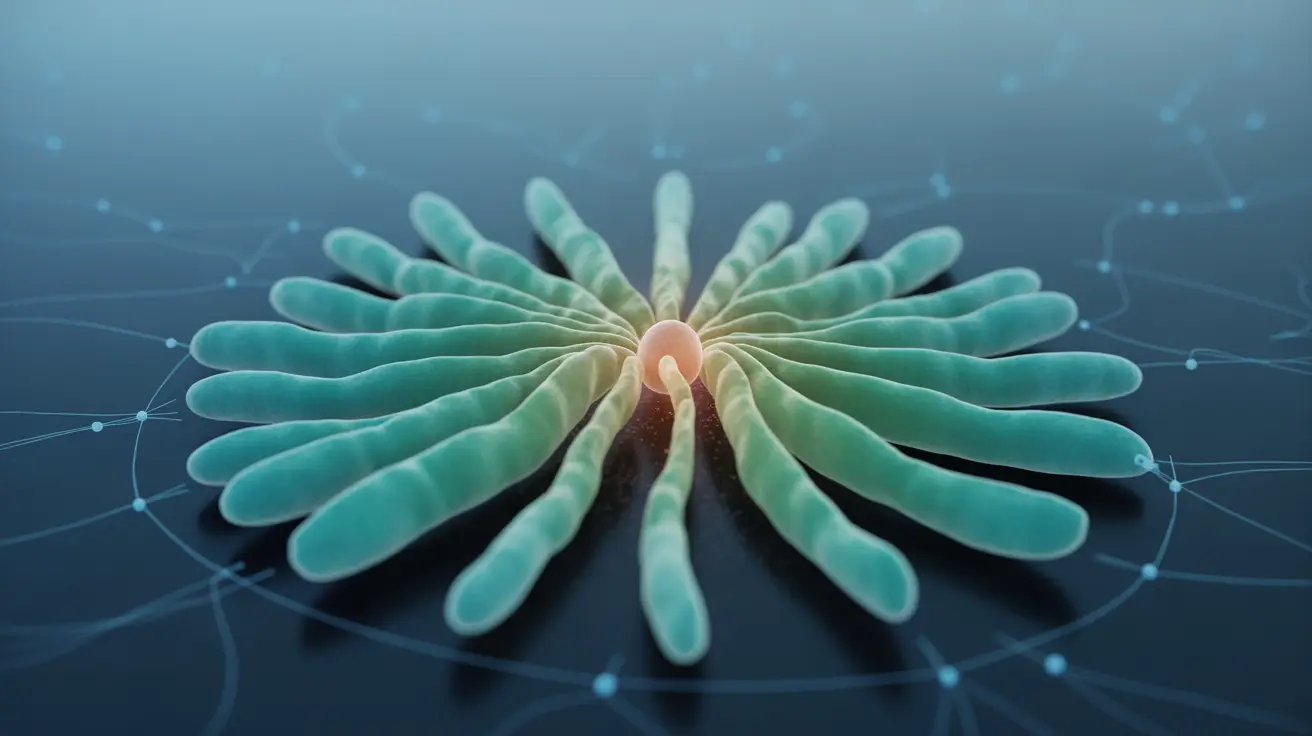Have you ever noticed that while others around you are swatting away mosquitoes and covered in itchy bites, you seem to escape relatively unscathed? This fascinating phenomenon isn't just coincidence – there are scientific reasons why mosquitoes might find you less appetizing than others.
Understanding why mosquitoes may avoid you involves a complex interplay of genetics, biology, and environmental factors. Let's explore the science behind mosquito preferences and what makes some people natural mosquito repellents.
The Science Behind Mosquito Attraction
Mosquitoes use a sophisticated combination of visual, thermal, and chemical cues to select their victims. Their primary attractant sensors are actually quite selective, responding to specific biological markers that some people naturally produce more than others.
Chemical Signatures and Body Odor
Your unique body chemistry plays a crucial role in mosquito attraction. People who naturally produce certain compounds in their skin microbiome may be less attractive to mosquitoes. These chemical signatures are influenced by factors like:
- Natural skin bacteria populations
- Metabolic rate
- Carbon dioxide production
- Lactic acid levels
- Specific body odor compounds
Temperature and Movement
Your body temperature and movement patterns can also affect mosquito attraction. People with slightly lower body temperatures or those who move less frequently might be less noticeable to these heat-seeking insects.
Genetic Factors in Mosquito Resistance
Research has shown that about 85% of your mosquito attractiveness is genetically determined. These inherited traits influence various aspects of your biology that mosquitoes use to detect potential hosts.
Blood Type Influence
Your blood type, determined by genetics, can affect mosquito preference. Studies suggest that Type O blood might be more attractive to certain mosquito species, while other blood types may naturally repel them.
Lifestyle Factors That Affect Mosquito Attraction
While genetics play a major role, certain lifestyle choices can enhance your natural mosquito resistance:
- Dietary choices that affect body chemistry
- Exercise habits that influence metabolic rates
- Clothing selection and color choices
- Personal hygiene practices
- Use of natural repellent foods and supplements
Frequently Asked Questions
Why do some people rarely get bitten by mosquitoes while others attract them more?
This variation is primarily due to individual differences in body chemistry, genetic factors, and natural compound production. Some people naturally produce chemicals that mask their presence from mosquitoes or make them less attractive targets.
How do genetics influence whether mosquitoes bite me or not?
Genetics determine about 85% of your mosquito attractiveness by influencing factors like blood type, natural chemical production, and metabolism rate. These inherited traits affect how easily mosquitoes can detect and are attracted to you.
What biological factors make a person less attractive to mosquitoes?
Key biological factors include lower carbon dioxide production, specific skin bacteria compositions, reduced lactic acid production, and certain blood types. Your natural body temperature and metabolic rate also play important roles.
Can lifestyle habits or clothing choices reduce my chances of mosquito bites?
Yes, wearing light-colored, loose-fitting clothing, maintaining certain dietary habits, and staying clean can help reduce mosquito attraction. Regular exercise may also alter your body chemistry in ways that make you less appealing to mosquitoes.
Is it true that blood type affects how often mosquitoes bite me?
Yes, research indicates that blood type can influence mosquito attraction. Type O blood tends to attract more mosquitoes, while other blood types might naturally deter them. However, this is just one of many factors affecting mosquito preference.




